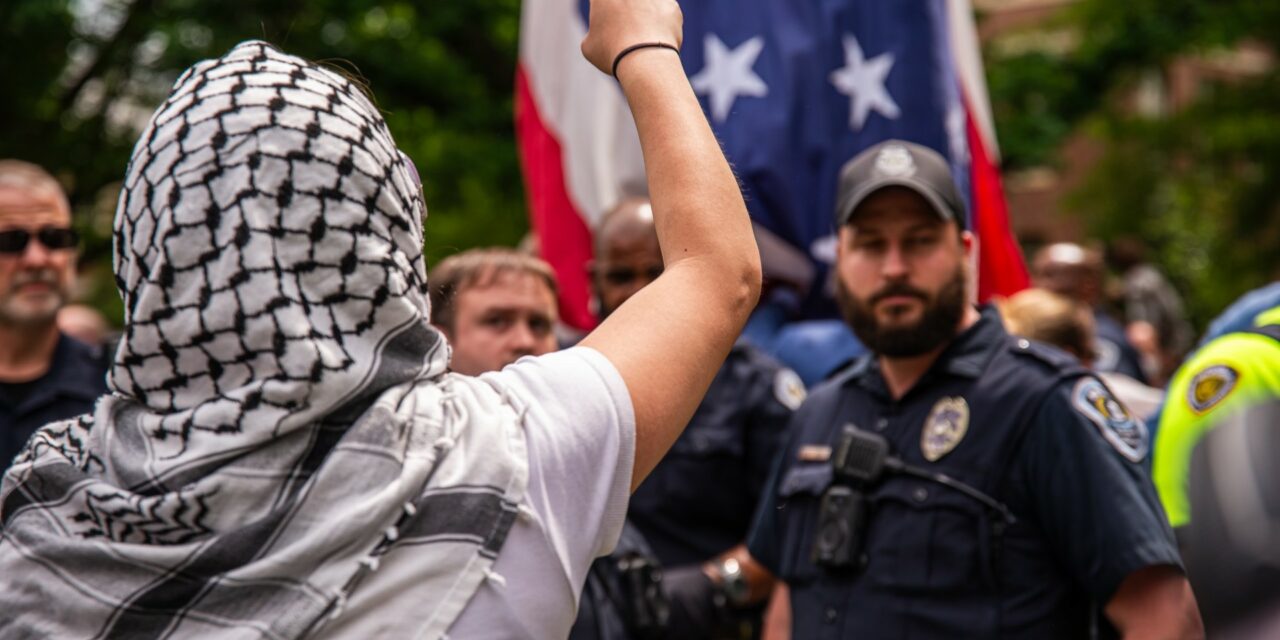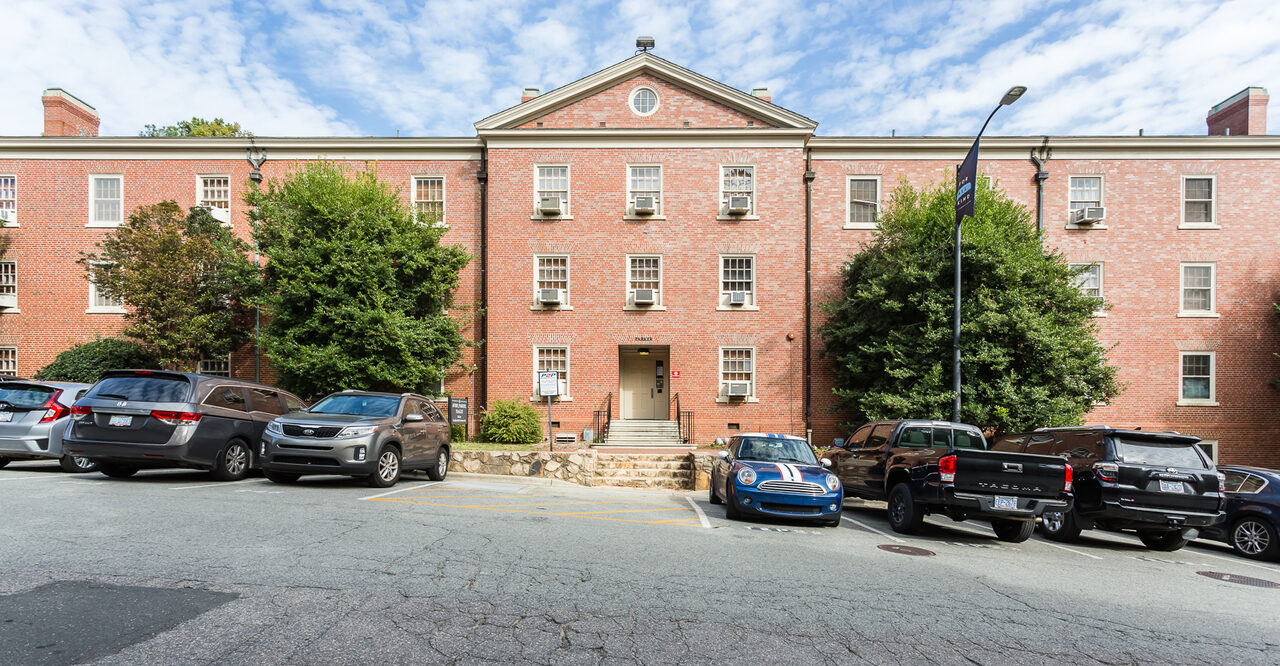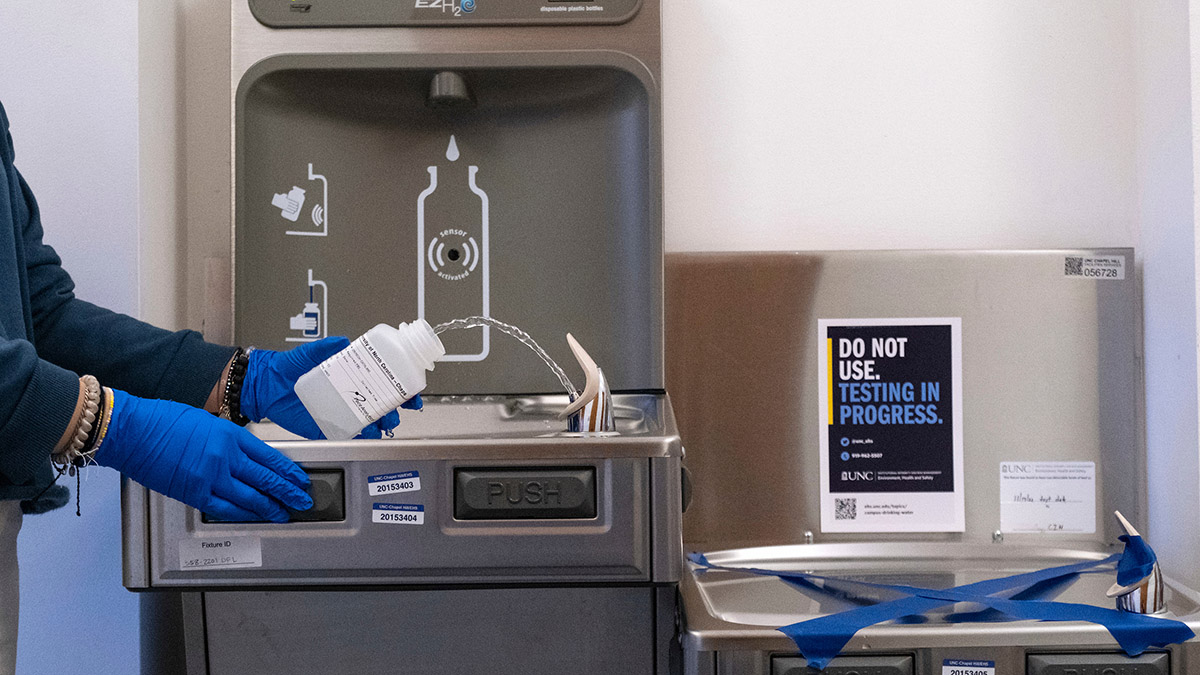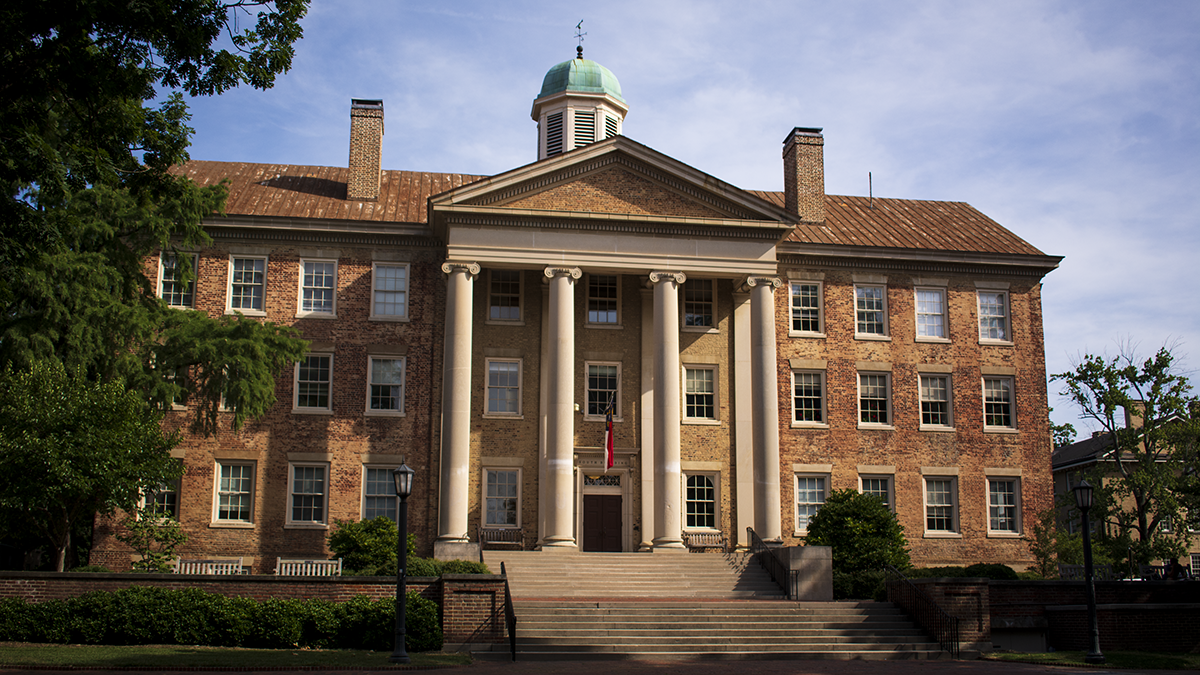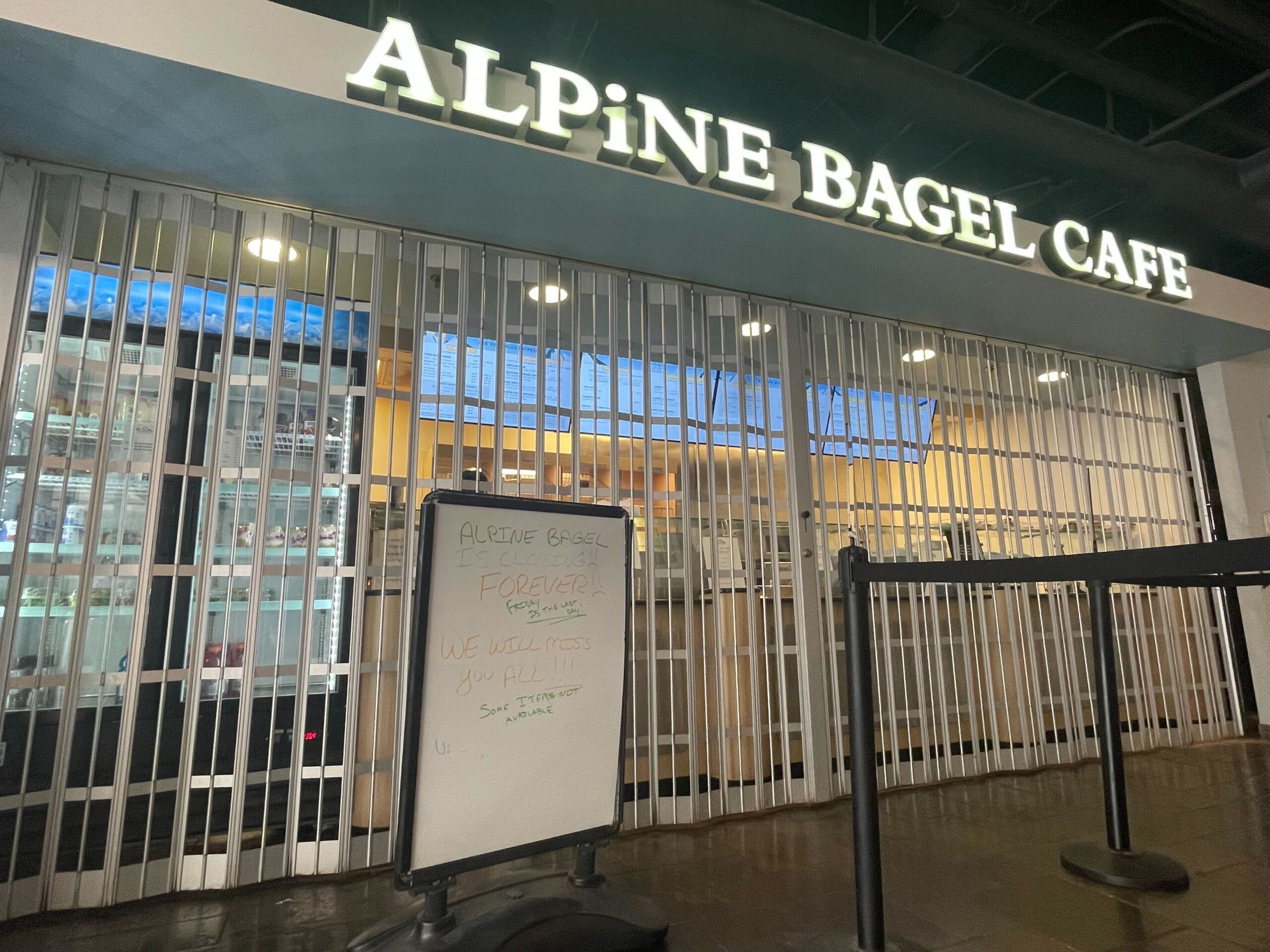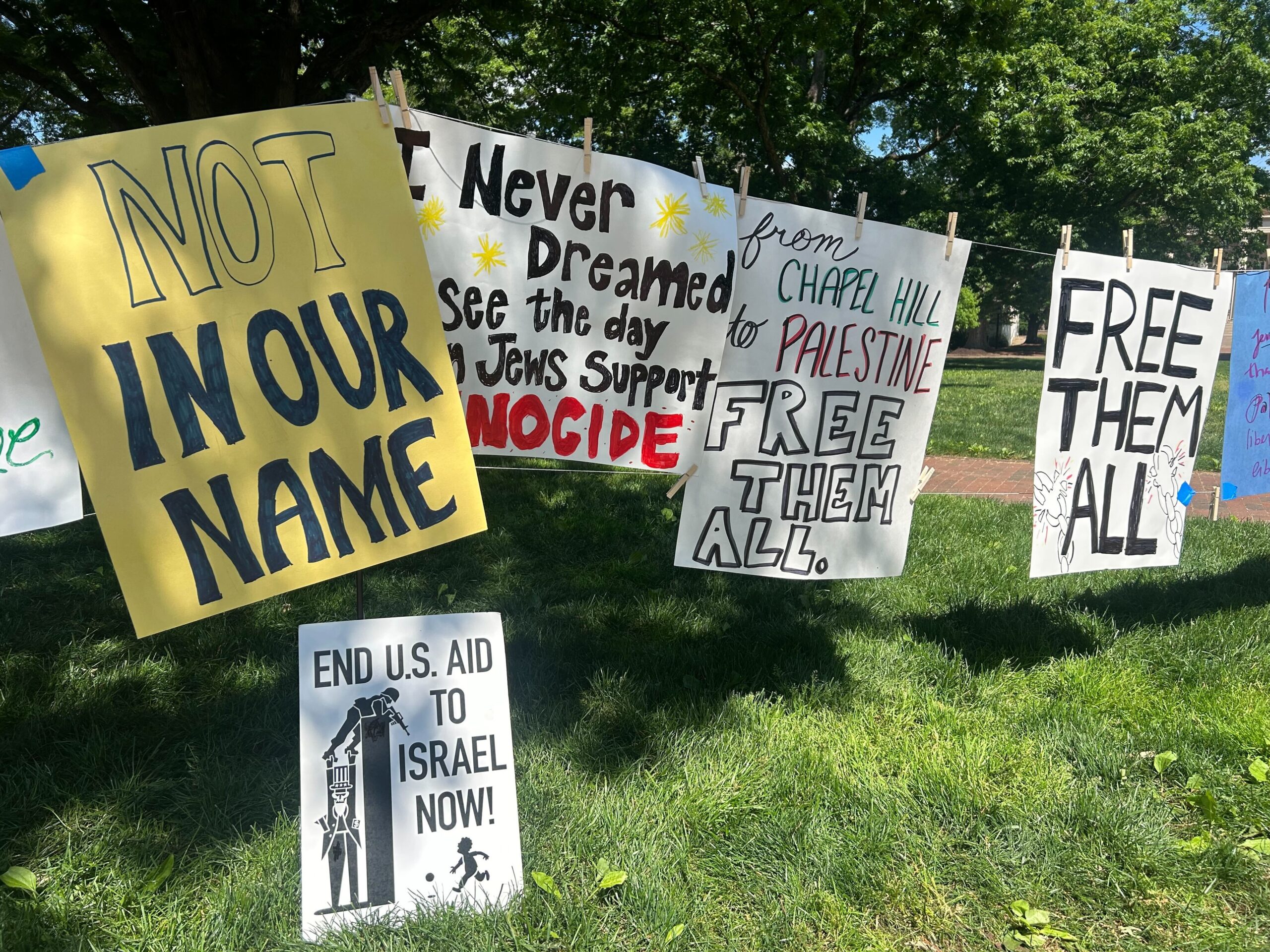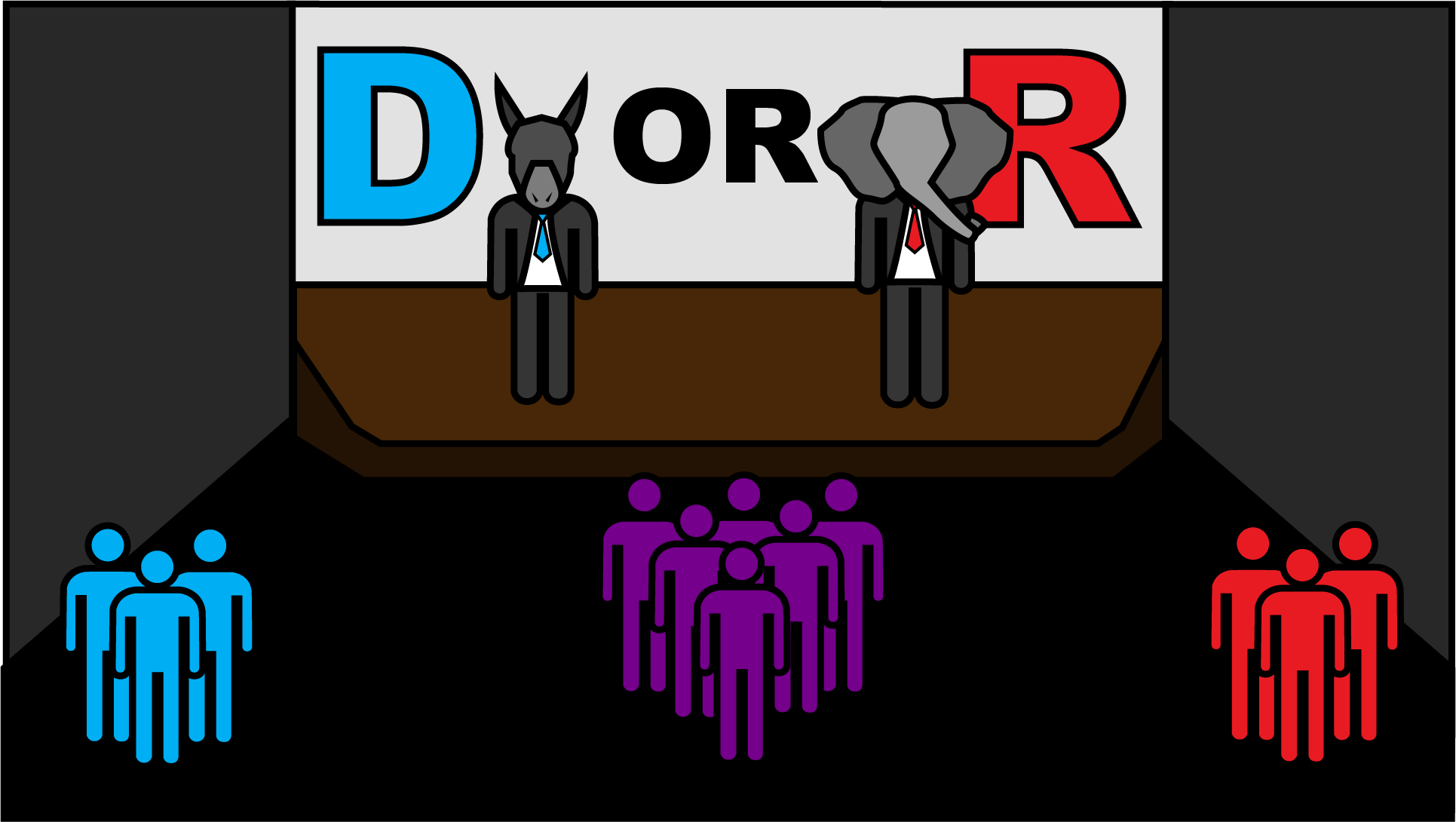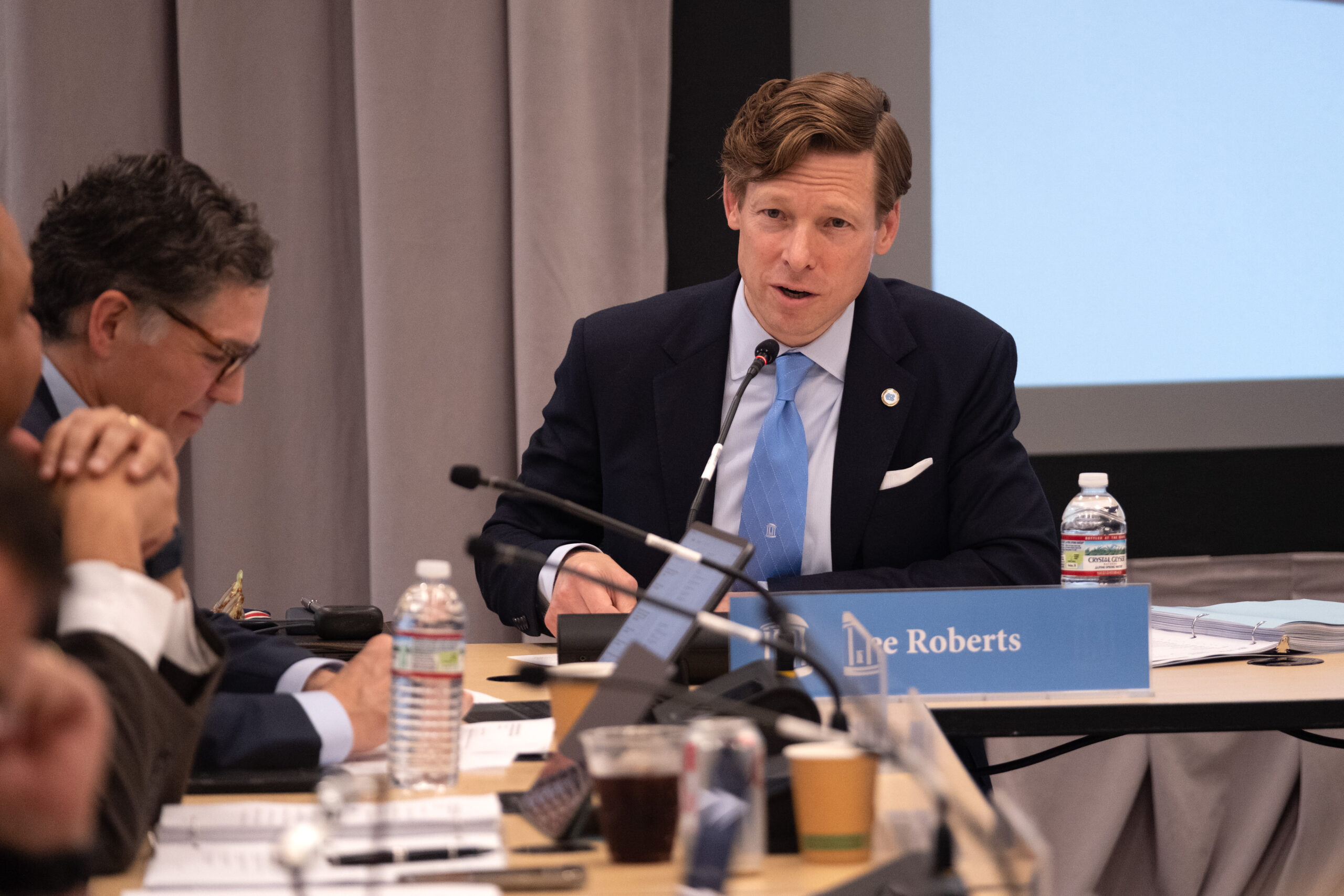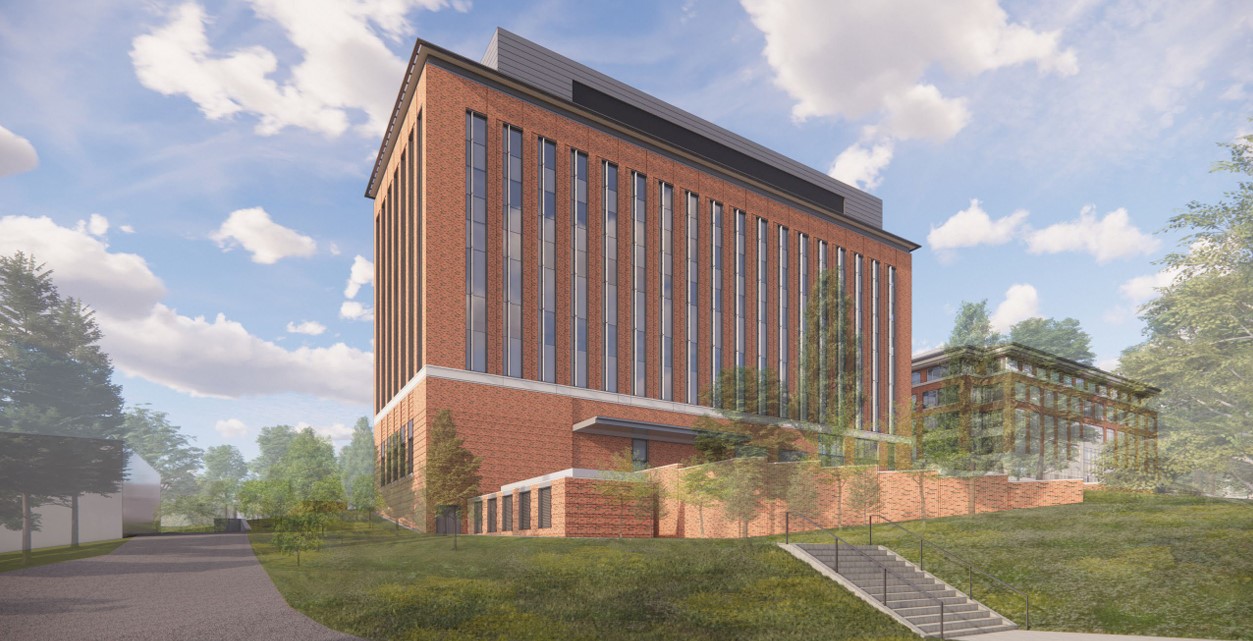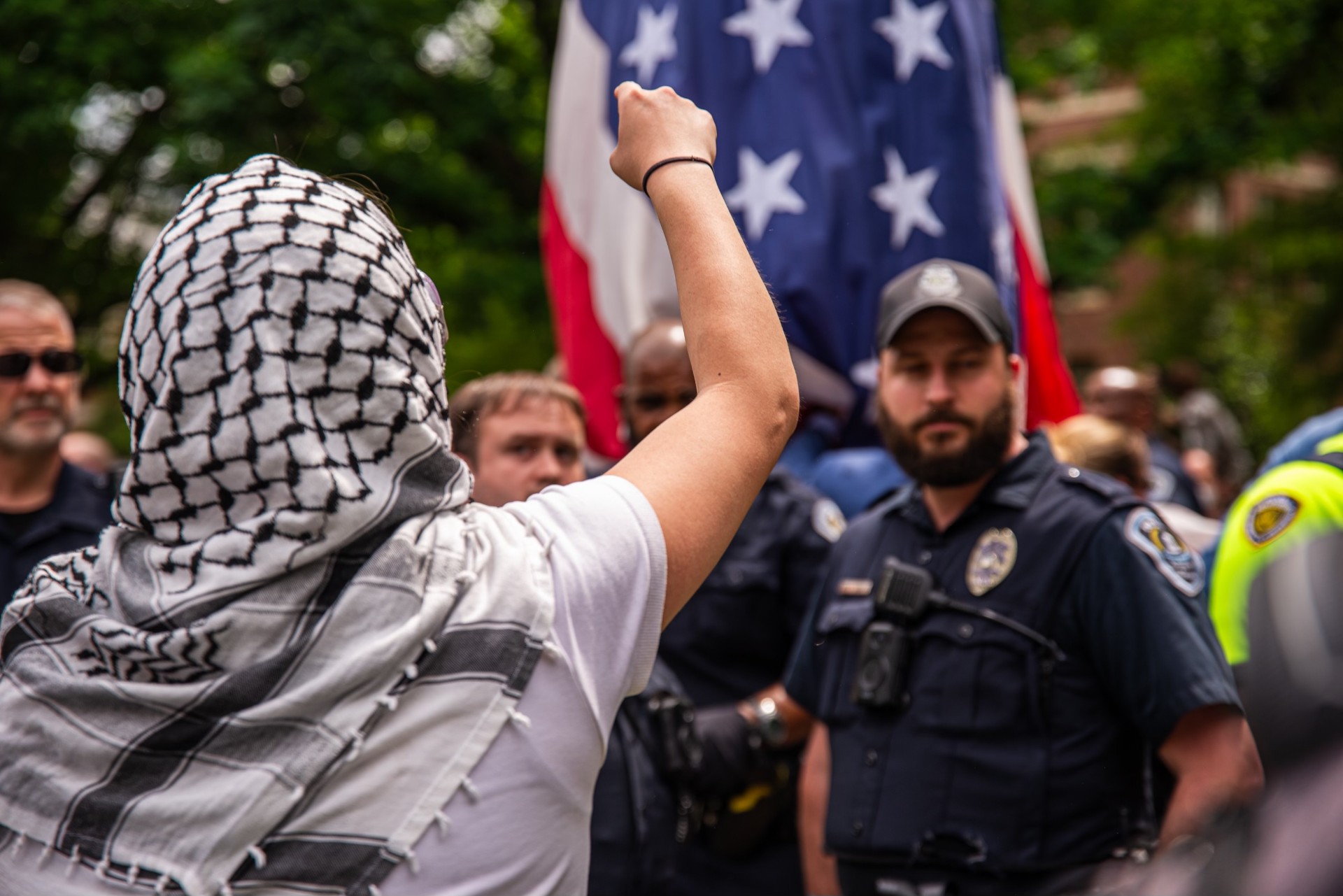To reflect on the year, Chapelboro.com is re-publishing some of the top stories that impacted and defined our community’s experience in 2024. These stories and topics affected Chapel Hill, Carrboro and the rest of our region.
Easily one of the biggest national stories in the last year, the ongoing war in Gaza created significant ripple effects in our community too. As Israel continues its decimation of the Gaza Strip in reaction to the militant ruling group Hamas’ attack on Israeli citizens on Oct. 7 2023, the issue continues to be charged with emotions as residents continue to grapple with the horrors each side of the conflict have endured. While there are many examples, big and small, of how the war has affected residents, these are some of the more high-profile instances experienced in 2024.
The UNC campus experienced varying protests during the fall and winter of 2023 in the immediate wake of Hamas’ murder and kidnapping of Israeli citizens and Israel’s subsequent military advancement into Gaza. While UNC maintained its stance on allowing for free speech and demonstrations to take place, then-Chancellor Kevin Guskiewicz and Provost Chris Clemens warned that the campus would not tolerate any form of hate speech and campus safety was a top priority.
As Israel continued its shelling and missile strikes of Gaza into the spring, more and more organization took place among campus groups to criticize both the Israeli military and institutions that supported attacks on Palestinians who were not part of Hamas’ leadership. At Carolina, groups like Students for Justice in Palestine began to call upon UNC’s administration to examine its finances and cut any ties to companies or businesses that either supported or profited from Israel’s military offensive. Demonstrations began to pick up on campuses across the country — especially in April, when several coordinated encampments were started to protest Israel’s response, share pro-Palestine messages and call for universities to divest any ties.
On April 19, an initial encampment attempt at UNC in solidarity with Columbia University demonstrators was short-lived. University officials told demonstrators their tents would be removed and protesters were violating the Facilities Use policy about public grounds by putting up temporary structures, which led to the group picking up the tents and marching around campus. The demonstration lasted a few hours — but was only a precursor to a bigger encampment effort one week later. UNC Students for Justice in Palestine, alongside several other campus activist groups, organized an extended encampment that began on Friday, April 26. For Friday and Saturday, the group maintained dozens of people on the quad at Polk Place and held events, speeches and meals without putting up tents. That changed on Sunday, though, as UNC Students for Justice in Palestine announced it would consciously violate the university’s policy and participants reconstructed tents as the encampment passed 72 hours.
“SJP remains steadfast in its commitment to Palestinian liberation abroad concurrent with its demands for financial transparency and divestment from genocide at UNC-Chapel Hill,” read a release shared with the media on April 28. “We emphasize that this encampment serves to show solidarity with Gaza, which now has no more universities due to Israeli massacres with U.S.-made bombs.”
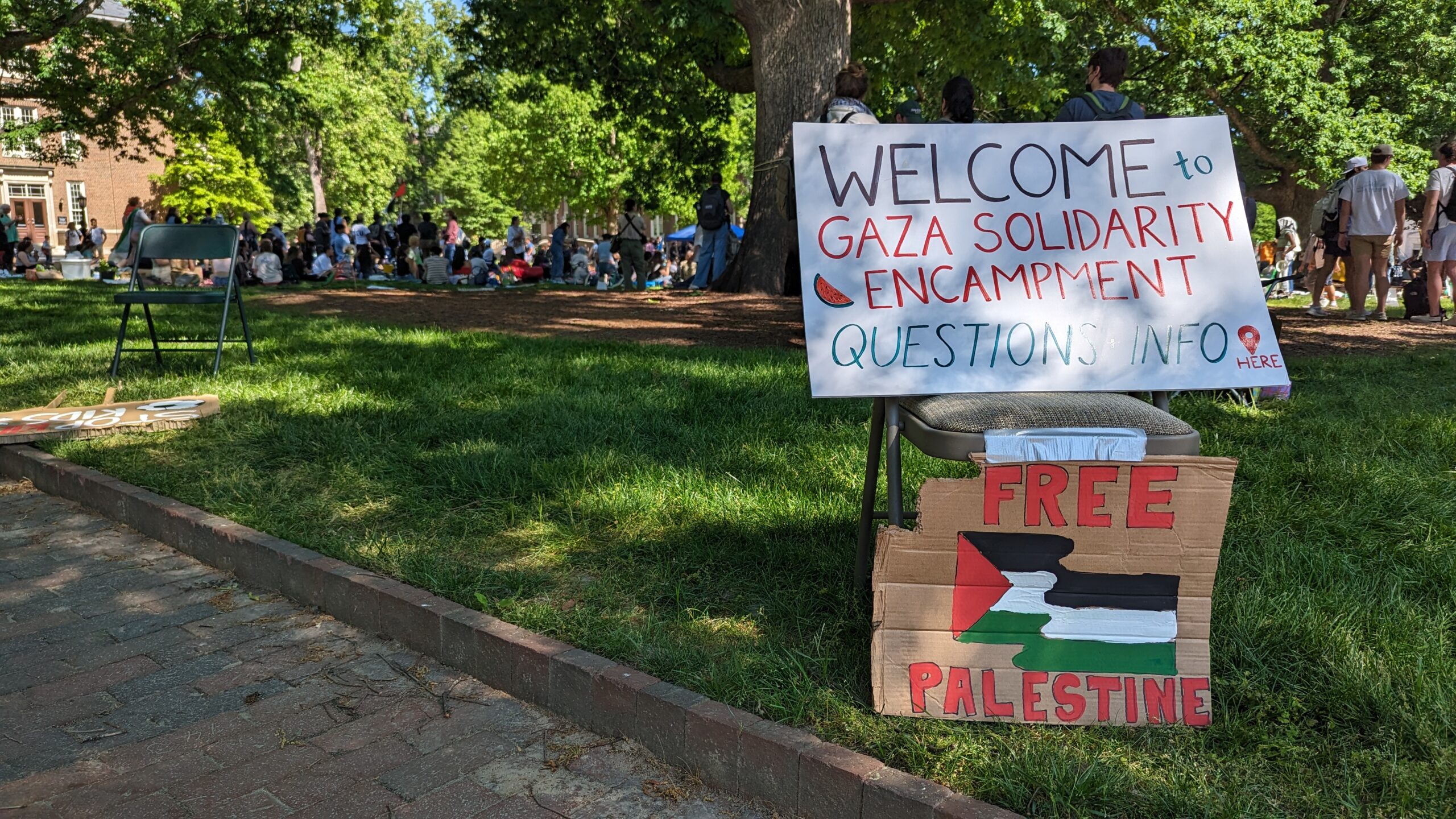
The Gaza Solidarity Encampment at Polk Place on UNC campus, which is one of the central quads with the administrative building — South Building — on its border. People gather in the center of the encampment space to listen to a speaker on Monday, April 29, 2024.
While the scene remained peaceful on Monday, the university prepared a law enforcement response to begin clearing the site after the end of “constructive dialogue” between administrators and the protest leaders. At 5:30 a.m. on Tuesday, April 30 — the last day of classes for the 2023-24 academic year — UNC’s Interim Chancellor Lee Roberts and Provost Clemens issued a public statement telling the encampment demonstrators to disperse or face arrests for trespassing. University police officers, as well as officers from other law enforcement agencies from across the state, arrived to Polk Place at 6 a.m., detained people who would not leave, and dismantled the campground. In total from that morning, the university charged 36 people with trespassing — 13 of whom were students of the Chapel Hill flagship university — and later said in addition to the Facility Standard policy violations, members of the encampment entered academic buildings overnight without permission.
“No one has the right to disrupt campus operations materially, nor to threaten or intimidate our students, nor to damage and destroy public property,” read a statement from Roberts and Clemens sent to the campus community.
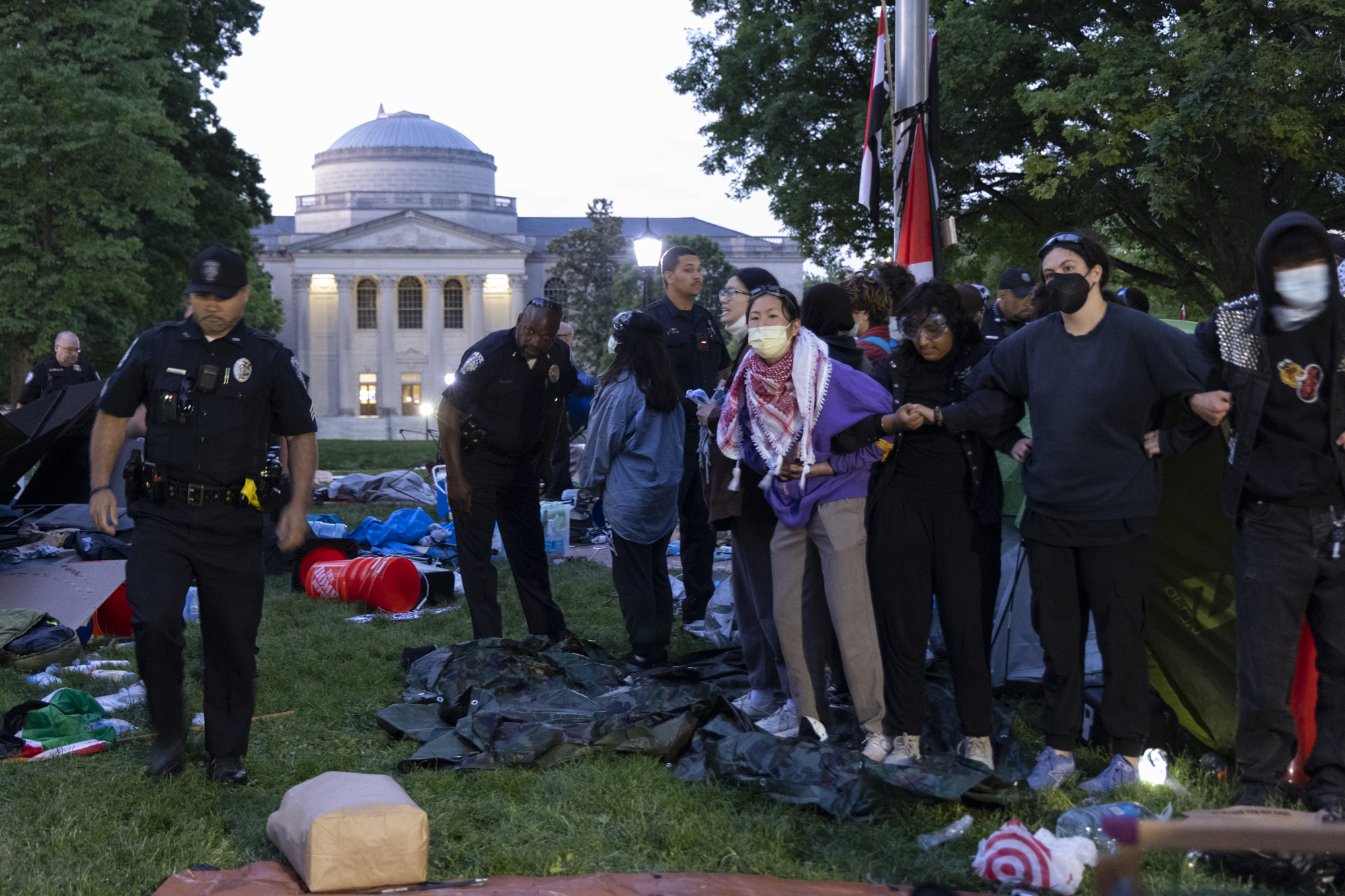
Students form a barrier around the solidarity encampment at 6 in the morning as police officers attempt to clear students away and take the encampment down in Chapel Hill, N.C. on Tuesday, April 30, 2024. (Photo via Jennifer Tran.)
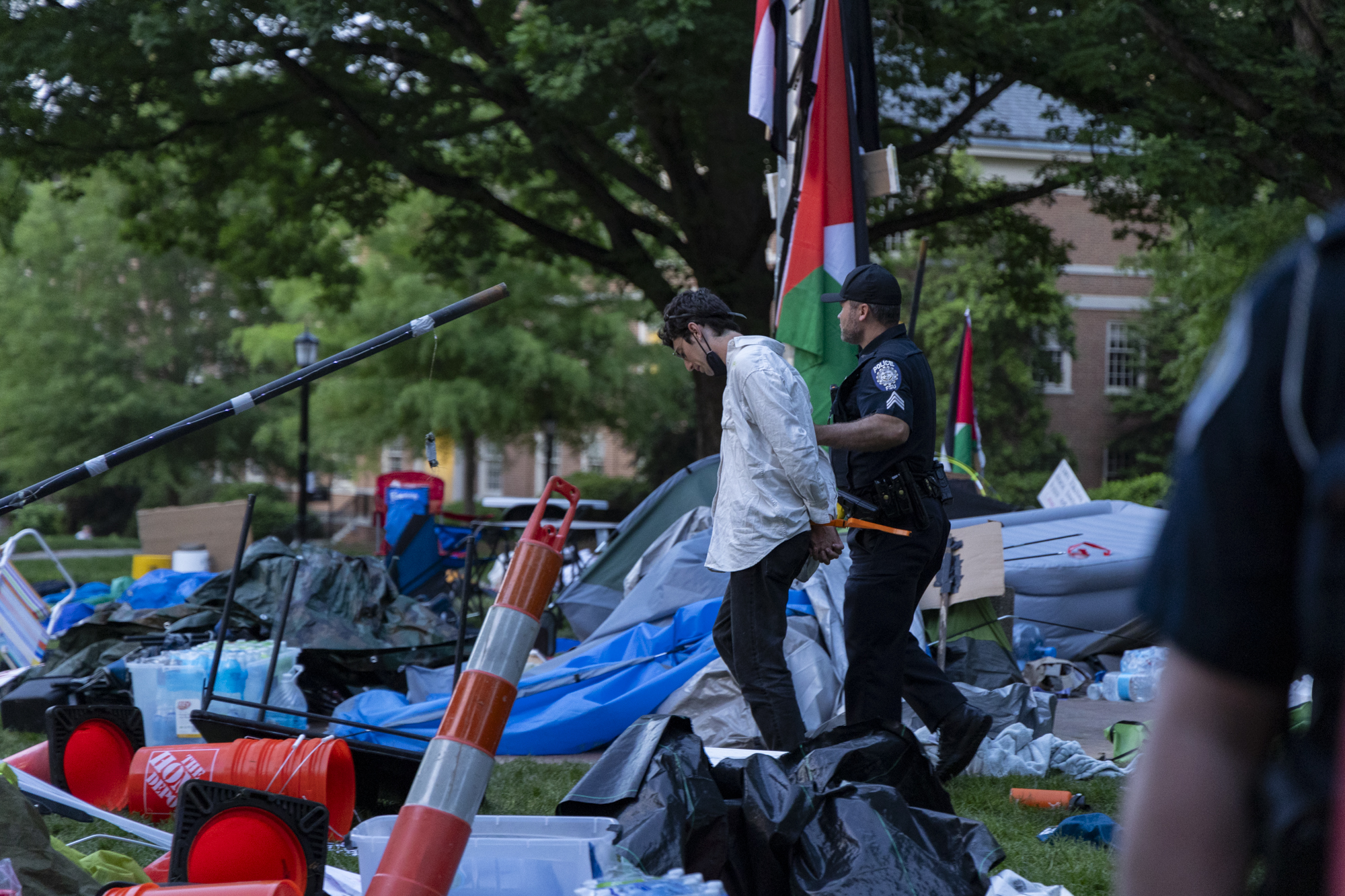
Police arrest a demonstrator early Tuesday morning on April 30, 2024 in Chapel Hill, N.C. They were arrested due to trespassing on campus grounds, according to police. (Photo via Jennifer Tran.)
Outrage over the protesters’ arrests set up another dramatic scene later that afternoon, with a bigger demonstration organized on the steps of South Building to criticize the university’s handling of the encampment. Pro-Palestine demonstrators stayed peaceful and put for several hours — but things took a turn when some approached the flagpole at the center of Polk Place and pulled down the U.S. flag in order to fly a Palestinian one. That led to Roberts walking out with dozens of law enforcement officers to restore the flag, and led to people being shoved, pulled, pepper-sprayed and injured. Some officers pulled demonstrators by their hair or trapped them under temporary fencing during the scrum, which later made rounds on social media when shared by reporters and UNC SJP.
The incident fueled national attention around the demonstration, with significantly more people weighing in on the matter. That included right-wing commentators, Republican candidates and country musicians — who lauded both Roberts’ defense of the flag and a group of male students who prevented the U.S. flag from touching the ground after it was removed from the pole. The group was celebrated to the point where a GoFundMe was launched to raise money to throw them a “rager” and ultimately held a party for the students and a few hundred others over Labor Day at the American Legion off Highway 54. It was also recognized by Israeli President Benjamin Netanyahu, who spoke about it as a guest during a joint session of Congress. More locally, a group of elected officials in Chapel Hill and Carrboro criticized the law enforcement response and “use of aggressive police tactics,” while some faculty held their own demonstration in the following days and threatened to withhold final grades in support of those arrested. Ultimately, UNC did not report any faculty members doing so.
On the weekend of UNC’s commencement ceremony, pro-Palestine advocates made their latest public demonstrations by walking out during Roberts’ comments in Kenan Stadium while holding Palestinian flags. Others briefly set up tents at the Morehead-Patterson Bell Tower before marching to South Building, pouring red paint onto the steps and putting painted handprints on the building’s entrance. The action drew sharp criticism from the university and its trustees — some of whom advocated for the protesters to be charged and billed for the clean-up expenses. UNC SJP also saw its status as a university-recognized group suspended amid an investigation into the encampment.
A demonstration in September also garnered strong reactions on campus. Organized by UNC SJP as a walk-out from classes and work, a group of demonstrators marched around campus — including to the UNC’s Naval Armory building, which is a historical facility that houses the university’s ROTC program. Again, protesters took down the U.S. flag in favor of a Palestinian flag. Also during the march, several pro-Palestine messages were spray-painted onto the building’s entrance. UNC said the group also disrupted operations in several academic buildings and added it would investigate to potentially seek criminal vandalism charges against anyone identified.
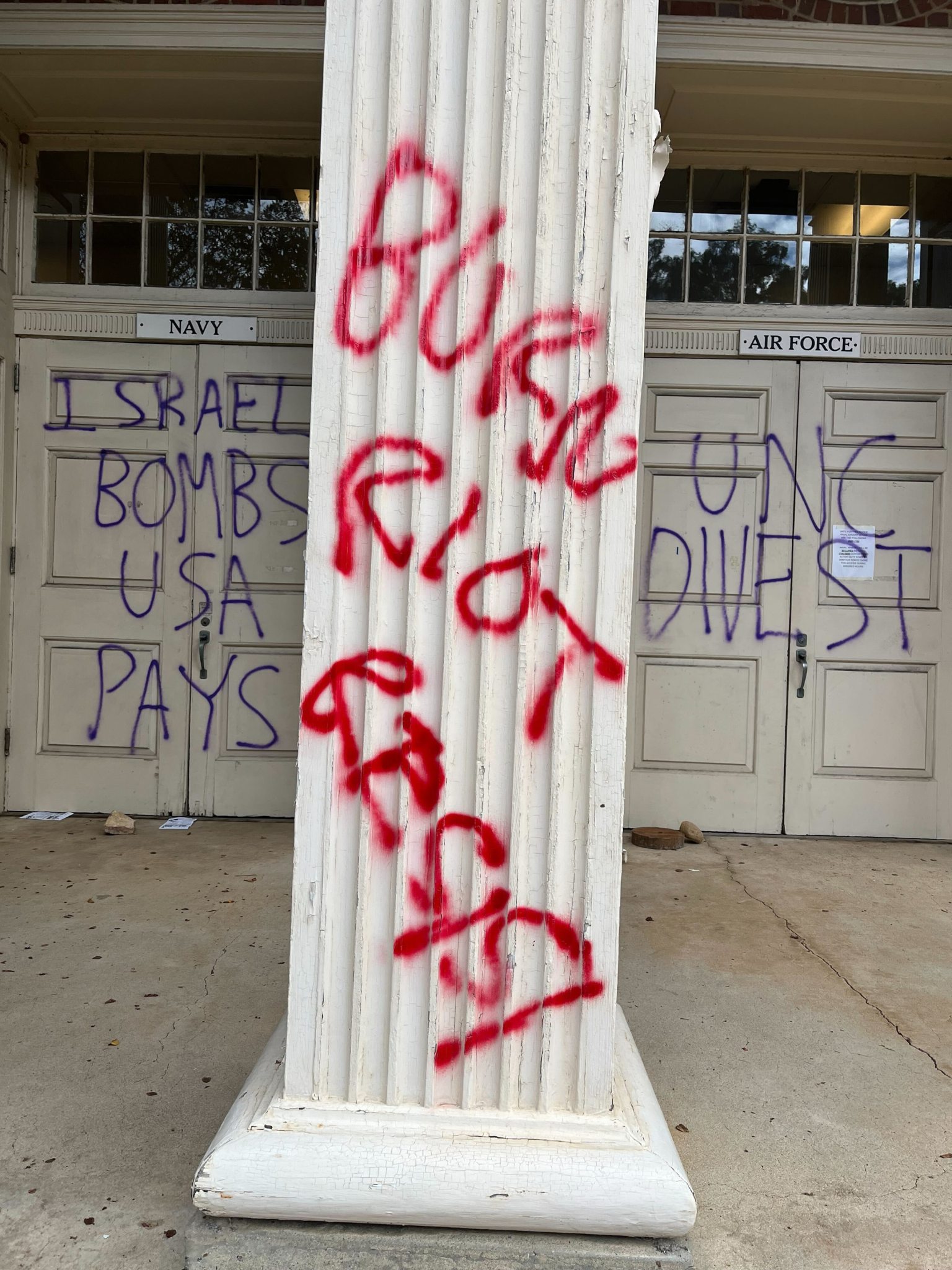
Some of the spray painted vandalism of the ROTC Naval Armory at UNC on September 19. 2024. (Photo via UNC Media Relations.)
UNC SJP also held an event in November encouraging Palestine supporters and those against the Israeli military’s attacks to skip class to sit on the lawn of McCorkle Place. The event drew dozens of people and featured no reported clashes with UNC leadership or law enforcement.
In total, 39 people were charged related to the April and May demonstrations. More than two dozen of those who faced charges agreed to deferred prosecution by District Attorney Jeff Nieman’s office, which Nieman confirmed to Chapelboro in December and said largely involved community service. Fourteen other demonstrators, though, did not — and ultimately saw their charges dismissed. Nieman committed his staff to seeing how far it could go prosecuting each case and said in five defendants’ cases, the arresting police officers who would be needed to testify either couldn’t be identified or reached.
On Dec. 13, another protester’s case went to trial, in which their attorneys argued that the trespassing charges violated the defendant’s First Amendment right. Orange County District Court Judge Samantha Cabe dismissed the case citing insufficient evidence by the state in her written order — which led to Nieman’s office dismissing the eight remaining demonstrators facing trespassing charges from April 30.
The tensions over the Israel-Palestine conflict boiled over beyond campus borders and into downtown Chapel Hill. Following a nighttime demonstration held in August by organizations protesting genocide and police violence, the Chapel Hill Courthouse and post office on East Franklin Street were vandalized with anti-police messages.
The building was also the center of controversy in November because of some public art displayed there. “The Power of Good Trouble,” a piece selected and commissioned by the Town of Chapel Hill’s Community Arts & Culture department, was installed on Oct. 16 as the latest edition of banner artwork between the courthouse’s pillars facing the Peace & Justice Plaza. While the artist’s statement said the work’s message was meant to feature allusions to “the indomitable spirit of those who dare to challenge the status quo,” the inclusion of a person wearing a Palestinian keffiyeh scarf to pushback from dozens of community members and social media users.

A graphic of the trio of banners making up “The Power of Good Trouble.” (Photo via the Town of Chapel Hill, artwork via Sadie Rose.)
After town leaders’ email inboxes were flooded with people disagreeing with the artwork, Town Manager Chris Blue issued a release saying he ordered the removal of “The Power of Good Trouble” because it was beginning to cause harm to residents and their discourse.
“We’ve heard that this display is causing deep division in our community,” Blue wrote. “And while we as a community don’t always agree, we should always strive to lessen – rather than deepen – divisions.”
A group of Palestine supporters then attended the following Chapel Hill Town Council meeting to criticize the artwork’s removal during the public comment period and then chanted during Mayor Jess Anderson’s comments in an attempt to disrupt the proceedings before leaving. Anderson, meanwhile, said she believed the incident reflects her community’s need to improve dialogue between groups with opposing views and their reasonings — instead of digging in on solely their side of an issue.
“For those who want a different future for this community, the world and our children’s future,” Anderson said, “I encourage each of us to start doing the hard work that healthy, complicated, diverse and multi-cultural communities require.”
Featured photo via Tyler Hanke.
Chapelboro.com does not charge subscription fees, and you can directly support our efforts in local journalism here. Want more of what you see on Chapelboro? Let us bring free local news and community information to you by signing up for our newsletter.

